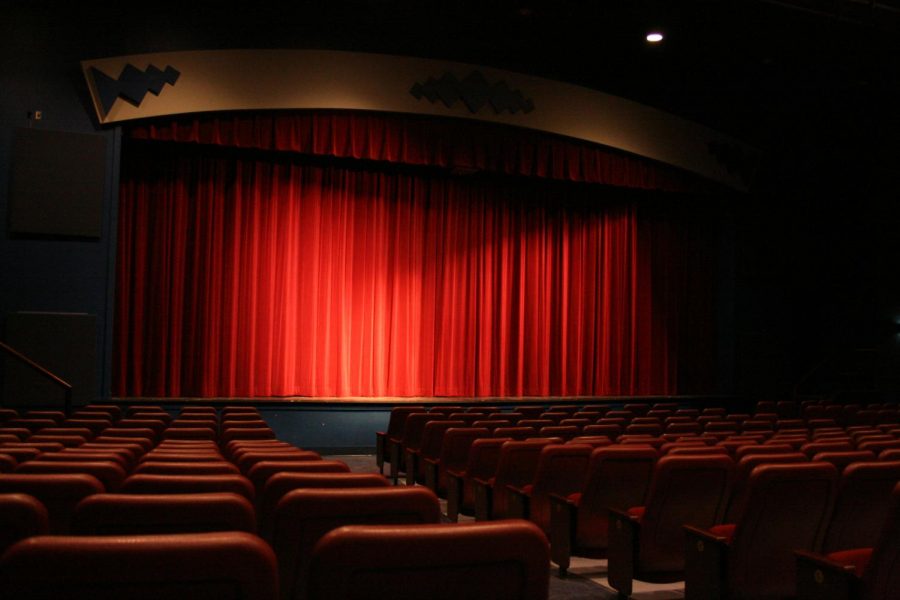Composer Daniel Asia Discusses Arts & Economics
Daniel Asia, who is known for composing, writing, and conducting his own music, visited Prosser Auditorium at Moravian College on Oct. 19 to share his personal journey with music and consider the theme of his talk, “Arts and Economics.”
During his presentation, Asia discussed his thoughts on arts as a whole– specifically, why the arts are fundamental not only to him but to the rest of society, especially in the realm of economics.
Asia commenced his demonstration with a brief autobiography and the story of his introduction to music, which helped set the tone for the rest of the night.
“My first instrument was the trombone,” said Asia. “I started at 9 years old and discovered about a year later that I really liked this activity. There was just something about hearing one play a sound, playing music, that I just fell in love with.”
Asia continued by claiming that his love for music was strengthened when he was given the opportunity to conduct for the band he was in, which added a new perspective to the field he already loved. After broadening his musical horizons, Asia went on to study music as an undergraduate in college and continued music studies in graduate school. His passion for writing music led him to New York City, Berlin, and London.
However, only now does Asia claim that he is beginning to understand music.
“Music is a mystery as we go along,” said Asia. “It will remain a mystery. No matter how much we analyze it and no matter how much we think we know about it, it really comes down to the experience of music that calls us.”
In order to convey to the audience what a composer does, Asia followed his autobiography by playing a musical piece called “Gateways,” which was commissioned by the Cincinnati Symphony Orchestra and took part of their fanfare project. This piece, according to Asia, is a prime example of what complex strategies composers must encounter in order to create great pieces.
Asia then began his formal presentation, which was centered around how art is intensely connected with economics.
Asia claimed that the arts are commonly viewed as inferior to other fields in the economic world, and that theory should be set aside. He said he believed that art and music play a pivotal role in economics and therefore deserve proper recognition. He went on to explain that there is a misconception that art, such as music, paintings, sculptures, and choreography should not have a price.
“Just like all the other things in the economy, these activities require time, effort and resources,” Asia said. “And so have inherent costs that translate to prices. Someone, or some entity, must pay the bill.”
He then claimed that not only should art of any kind be paid for, but that paying the correct price heavily impacts the economy. The number of musicians that sell out arenas, and famous artists that support art institutions, have all played a pivotal role in Art & Economy.
To conclude his presentation, Asia played a musical piece he created, named “My Father’s Name Is,” which expresses his feelings towards his parents. The piece also conveys the life he had with them while growing up. Art is of great importance and should be considered so by all since it is not only to be experienced by artists but all who choose to observe and appreciate it. Art is important to the rest of society and to the economy.







